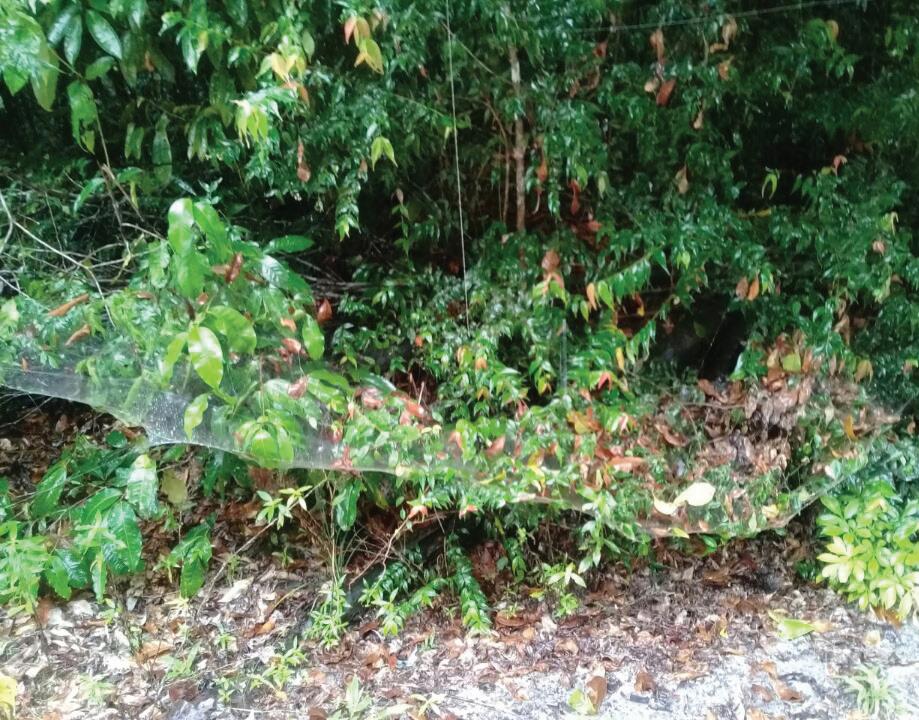
1 minute read
World Rainforest Day 2023
OVER 18 million hectares of rainforests, lush, green tropical jungles, massive evergreen hardwood trees rising to form dense canopies, encapsulating rich biodiversity and unique, complex ecosystems, incomparably the pride of Guyana. Our high forest cover, low deforestation (HFLD) status has put us on the global radar and earned us an international platform to negotiate and set standards for sustainable development in the era of climate action. Our rainforests inspired the novel Low Carbon Development Strategy (LCDS) of 2009, paving an alternative pathway to development. Even with the advent of oil production, our forests remain the basis of Guyana’s LCDS 2030.
In many ways, rainforests can be considered the heart of Guyana’s economy and the roots of its society. Even before the global movement for climate change mitigation and adaptation reached its apex, our approach to forests was a sustainable one – it could be argued that we were “sustainable” before sustainability blew up as a concept. This is unsurprising since core principles such as environmental protection and intergenerational equity can trace their roots back to the caring culture of our ancestors – a culture that remains in practice among Guyana’s first peoples, as well as many generations of Guyanese of all ethnic backgrounds who have lived intertwined with forests and interdependently with healthy forest ecosystems.
Advertisement
This year’s theme for World Rainforest Day is “Preserving the Lungs of the Earth”, a fitting metaphor referencing the symbiotic relationship between humans and forests, where trees exhale what we inhale and vice versa. Forests are vital in supplying oxygen – our literal life’s breath. They are equally important in filtering the air by removing carbon dioxide. Carbon dioxide is quantitatively the most harmful of anthropogenically-produced greenhouse gases that contribute to detrimental climate change. So yes, forests are in fact, saving us from ourselves.
Yet, as we commemorate and bring new awareness to this priceless, irreplaceable service of rainforests, let us also consider the significance of the shift in language and context within the environmental movement: from preserving rainforests to conserving rainforests. The notable difference has been the inclusion of people, i.e., the concept of sustainable











